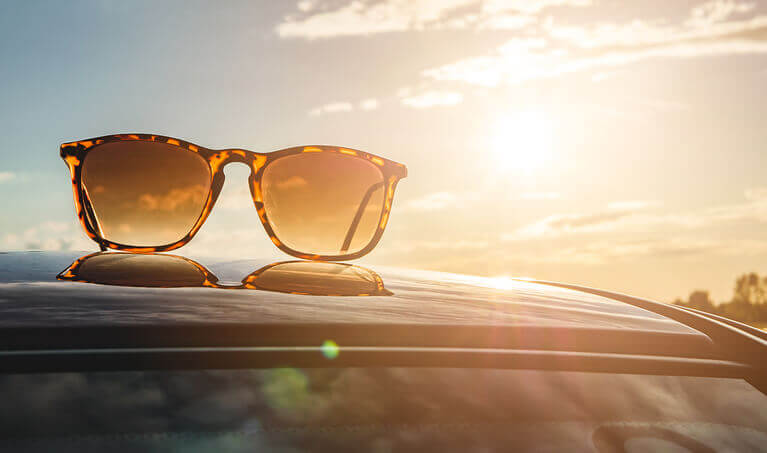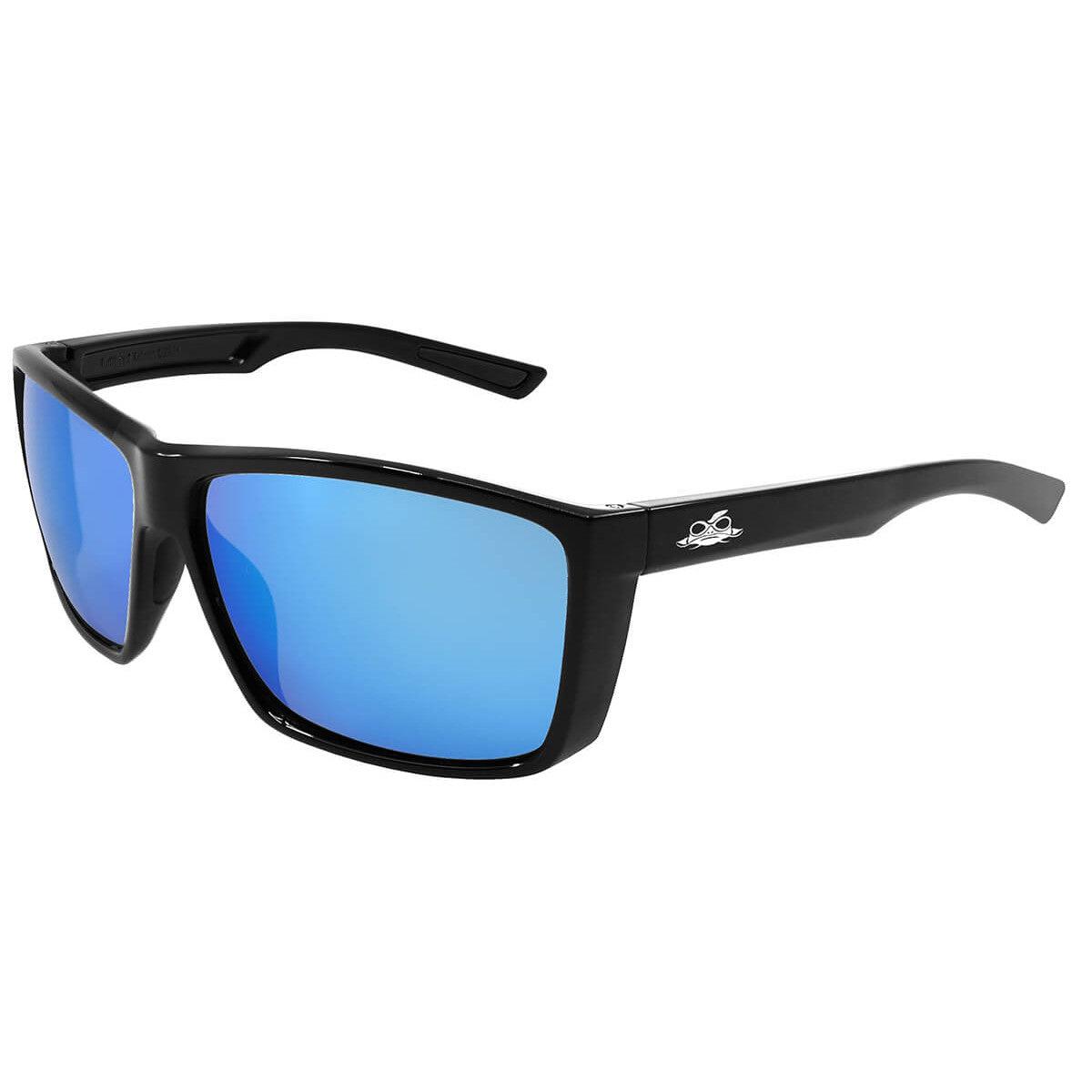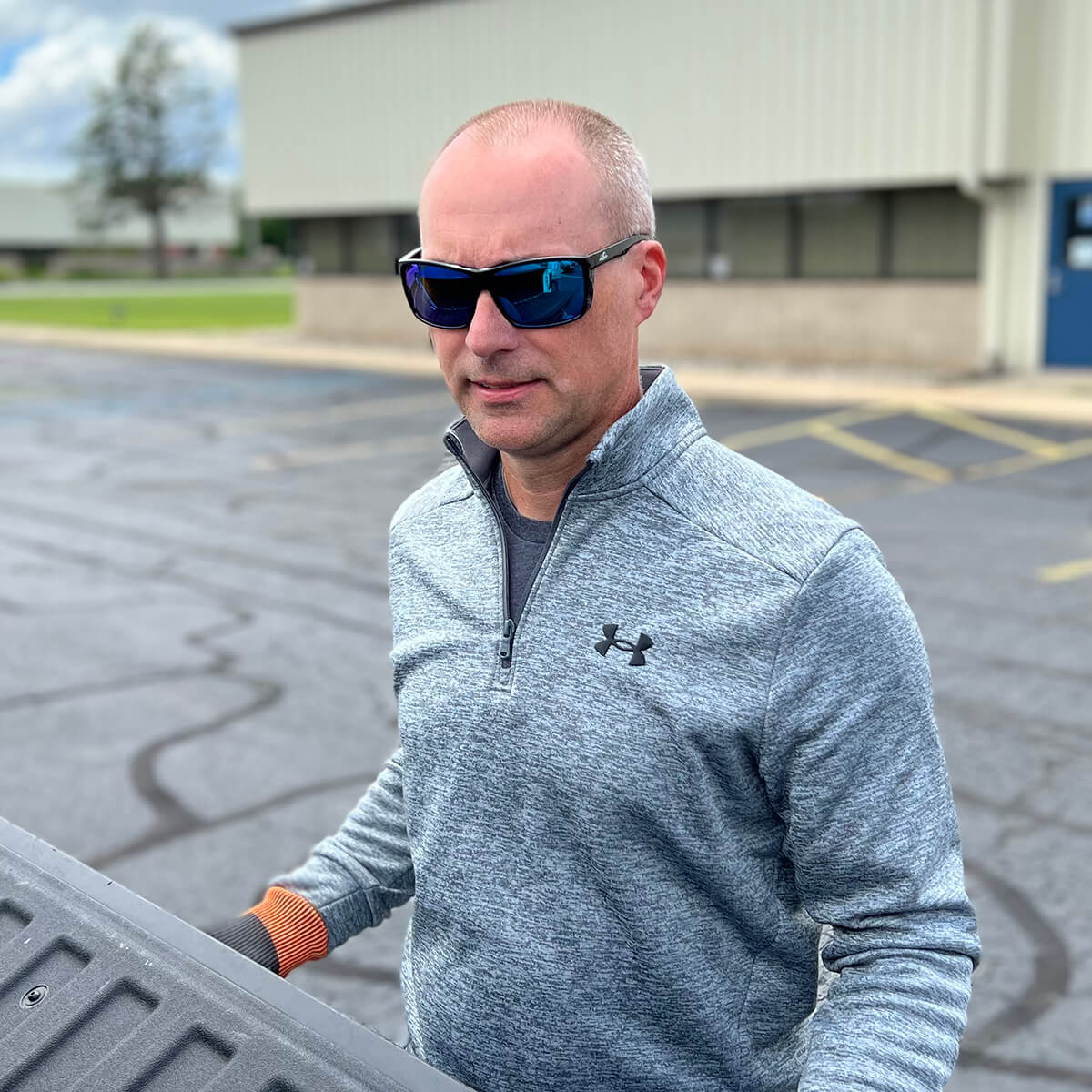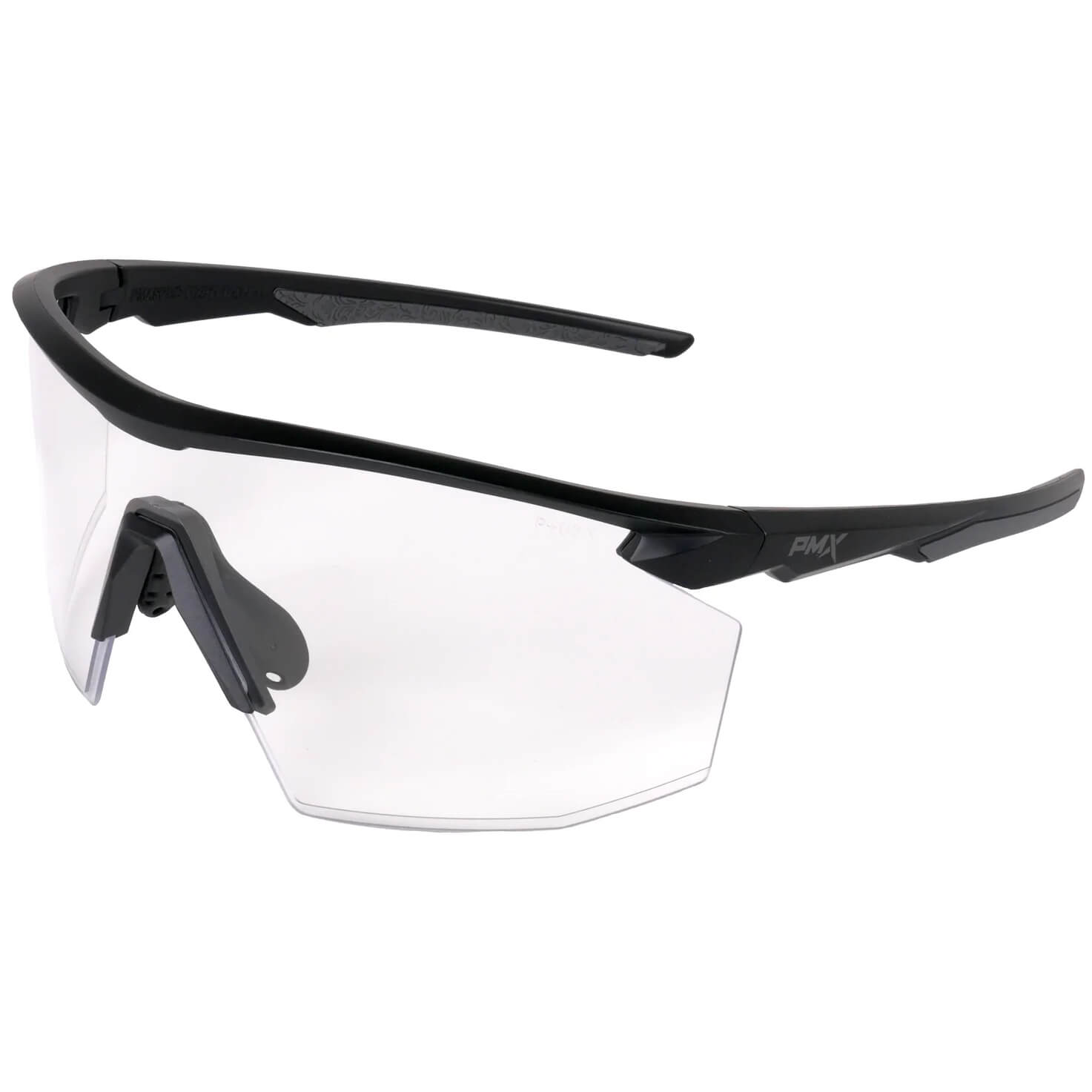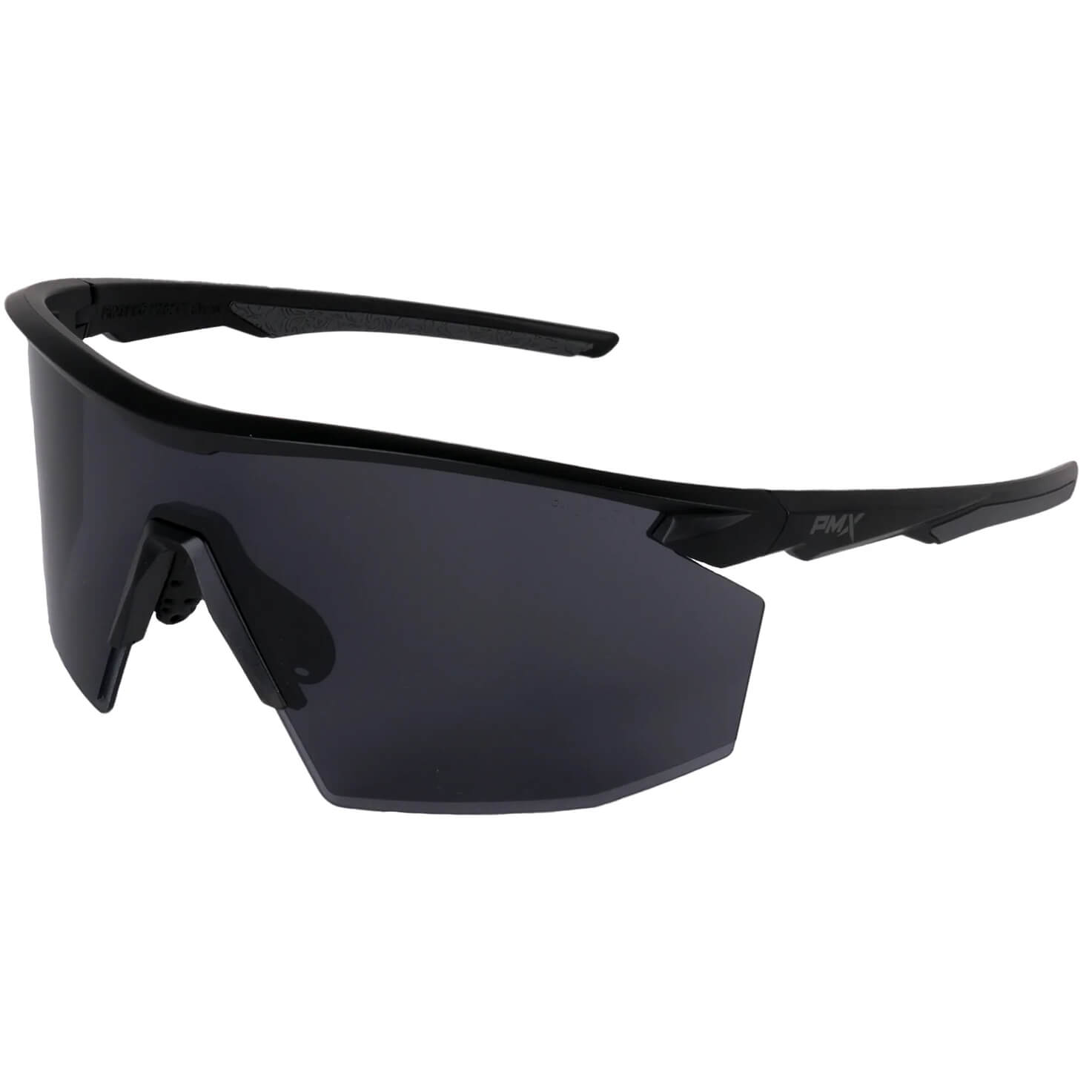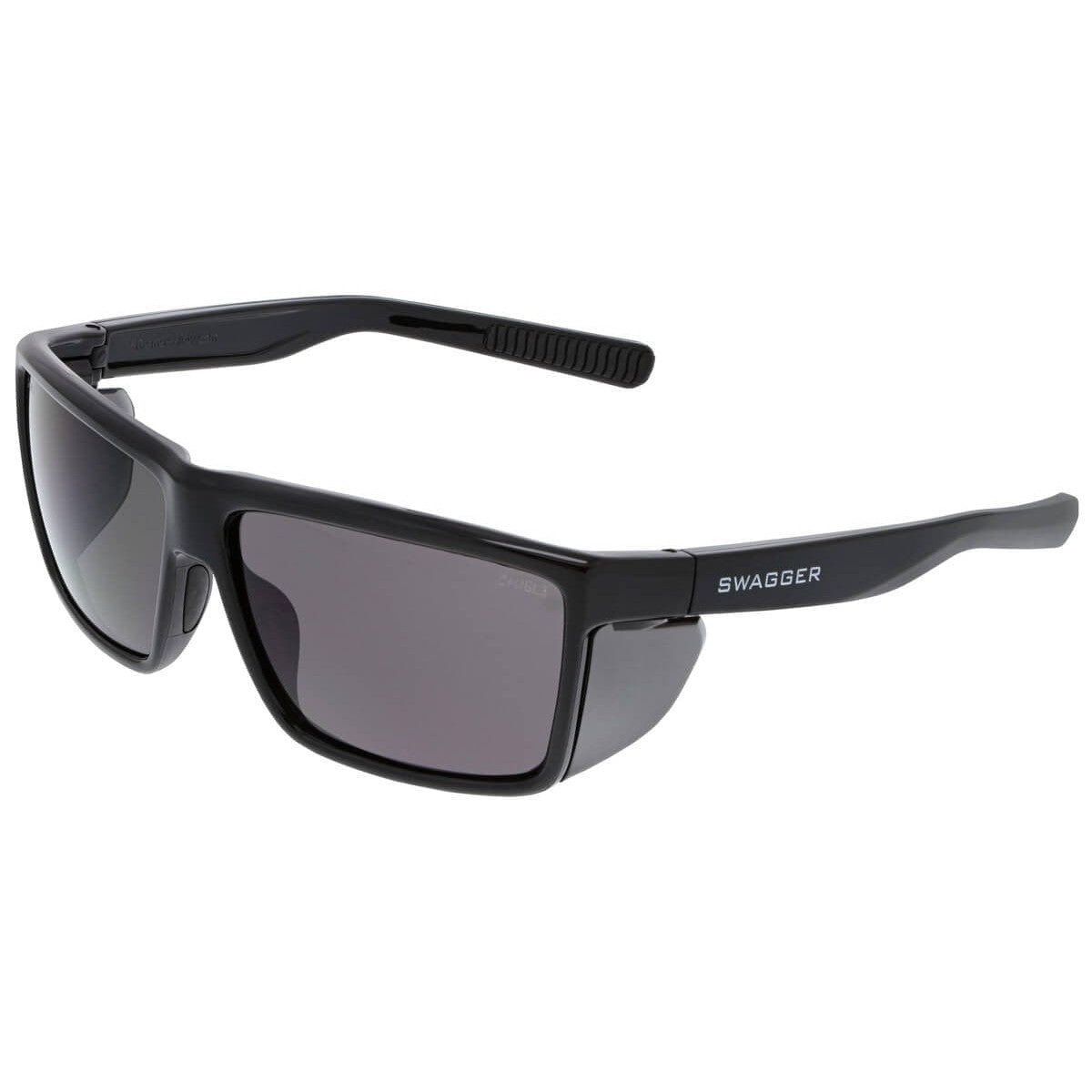The Dangers of Photokeratitis
Temperatures are skyrocketing, and the sun is at its brightest. For many of us, that means spending time in the pool, enjoying the crashing waves of the ocean, relaxing in the sun, or pursuing some other outdoor activity.
The sun is dangerous, and we know sun protection is an absolute must. So, we lather on our SPF 50 and go about our days. That's all we really need to do, right?
Wrong! Your skin isn't the only part of your body that needs to be shielded from the sun. Eyes can get sunburned too. Known as "snow blindness," "welder's eye" or "flash burns," photokeratitis damages your corneas, essentially causing them to become sunburned.
Safety Glasses USA knows first-hand the damaging effects of photokeratitis. We’ve seen how the sun can damage the whites of the eyes of a 10-year-old child and how it can impact healthy and active thirty-somethings who forget to wear Polarized Sunglasses.
Causes of Photokeratitis
Typically, no one stares directly at the sun. So, photokeratitis usually occurs when UV rays bounce off a reflective surface and into our eyes. Water, such as in a pool or the ocean, reflects UV rays exceptionally well on sunny days. This reflection dramatically increasing the risk of the sun burning your corneas.
The bright white of snow does it too. Even sand and concrete reflect the sun into your eyes. Ever wonder why you're not supposed to stare directly at a solar eclipse? Photokeratitis is the reason.
Symptoms of Photokeratitis
Spotting photokeratitis is easy. If your eyes are red or painful after time in the sun, you most likely are experiencing the effects of this condition.
Most people experience mild symptoms with red eyes and moderate pain for a couple of days. Severe cases involve intense pain and lid spasms and can actually last as long as six days. Those with severe cases often have to wear an eye patch during this time. Some people even go blind temporarily, as discovered by Anderson Cooper several years ago.
The symptoms of eye sunburn may not show up right away, as in Cooper’s case. They can include:
- Blurred vision
- Pain
- Redness
- Tearing
- Vision loss
- Gritty feeling in eyes.
See your eye doctor immediately if you have any of these symptoms. Your ophthalmologist will likely treat eye sunburn with lubrication and an eye patch. And, as already noted, your eyes will simply need time to heal.

Treatment of Photokeratitis
Photokeratitis is no minuscule matter. Yet, the effects are often not immediate. It takes up to six hours for symptoms to set in.
If you are experiencing symptoms, visit the eye doctor immediately. Most will recommend over-the-counter pain medications and eye drops to alleviate the discomfort. Some will prescribe eye ointment and eye patches. Those suffering from a severe case of it will likely be essentially blind until they recover.
How to Prevent Photokeratitis?
1. Wear sunglasses whenever you are exposed to UV rays. Experts stress the importance of wearing protective eyewear even on cloudy days. Cooper’s experience shows eyes can be damaged even on cloudy days.
2. Wear quality sunglasses. Just as crucial as actually wearing sunglasses is wearing the right kind of sunglasses. Dr. Natasha Hertz, an ophthalmologist at Washington Adventist Hospital, recommends sunglasses with UVA and UVB protection with UVB protection is the key. Not sure where to buy sunglasses that you know will protect your eyes? Check out these sunglasses and safety sunglasses from your favorite name brands.
3. Realize that regular exposure to the sun has long-term effects. Those effects include cataracts, macular degeneration, benign eye growths, and skin cancer. While Cooper completely recovered from eye sunburn, only time will tell if he will experience any long-term effects.
Since you can’t apply sunscreen to your eyes, wearing Polarized Sunglasses that repel harmful UV rays is essential. We suggest keeping a pair of Polarized Sunglasses in your car, so you always have a pair on hand whenever you’re spending a significant period of time outside on a sunny day.

